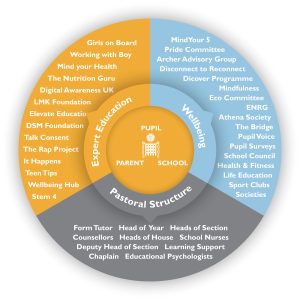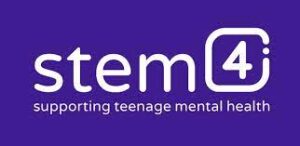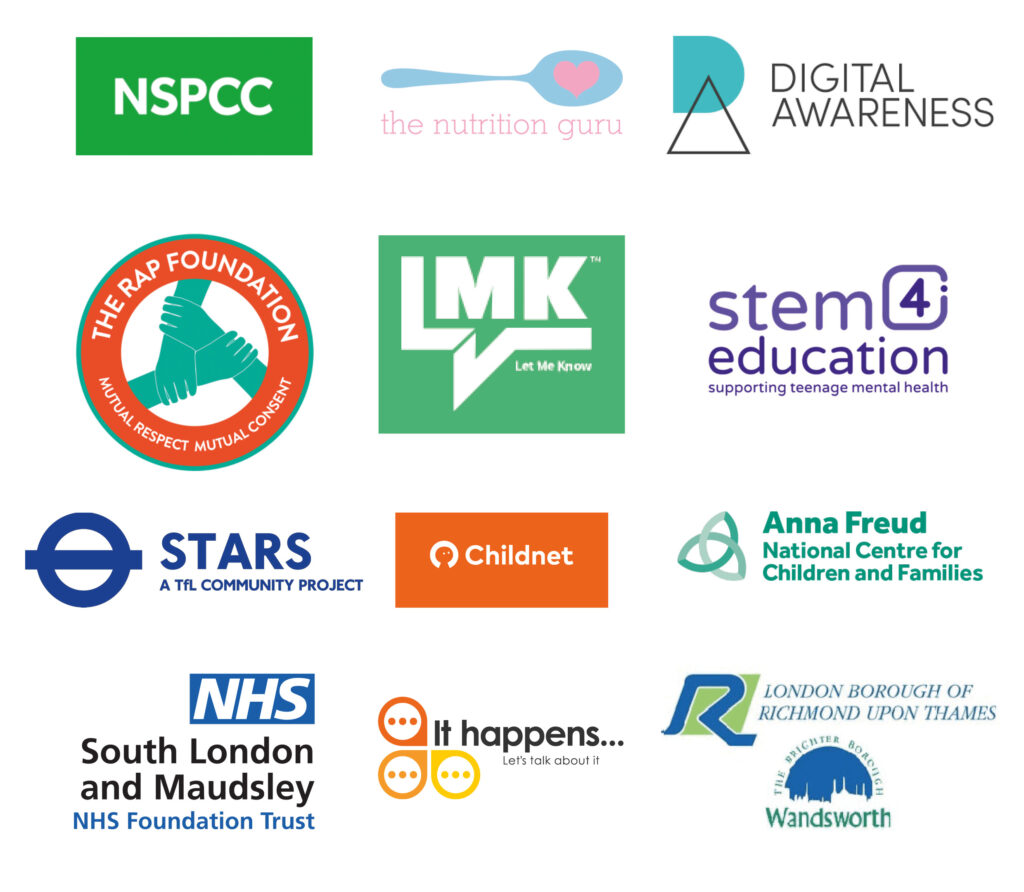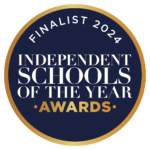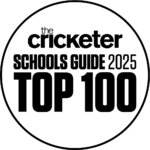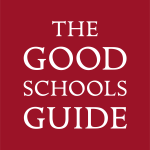The chaplain
The chaplain is available as a pastoral support and confidential listening ear for staff, pupils and parents and nurtures spirituality and religious and philosophical reflection within the school, as well as leading our collective worship in chapel.
Reverend Bailey-Smith taught dance in schools in Westminster for many years, after completing her degree in Dance and Theology, sharing her love of movement and creativity. Her commitment to her Christian faith led her to train for Ordination in the Church of England, whilst working as Assistant Chaplain at Alleyn’s school.
She was Ordained at Southwark Cathedral in June 2023, and will serve her curacy at St. James’ Church Clapham, alongside her role at Emanuel. She will be licensed as our School Chaplain by the Bishop of Kingston, Bishop Martin, on 9th November in the school’s Chapel.
Throughout her career, she has maintained a strong interest in the performing arts. She is a Trustee of Nine Elms Arts Ministry and will continue to teach dance and Pilates to pupils on a Wednesday afternoons here at Emanuel.
Reverend Bailey-Smith lives locally in Clapham with her husband and three young adult sons who all attended Emanuel.
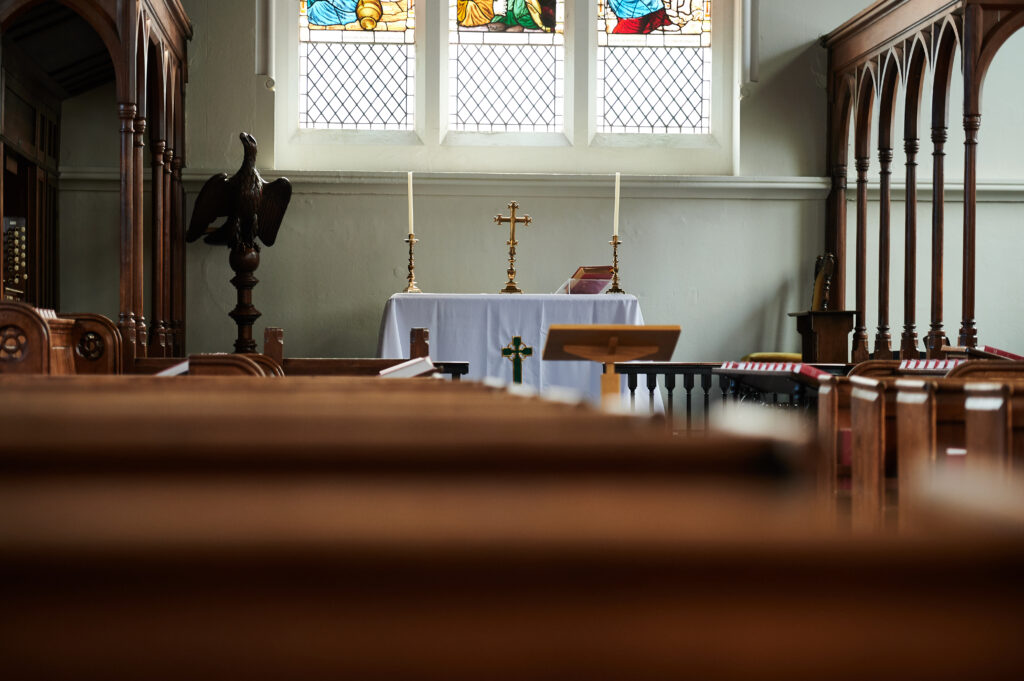
Staff and pupils of differing faiths to Christianity
The chaplain facilitates prayer for members of other faiths by organising a prayer space for them or arranging counsel from a minister of their own religion (in cooperation with parents and in accordance with the school’s safeguarding and visiting speaker policy). Religious Studies provides an opportunity to learn more about a variety of faiths and the Life Education programme provides the opportunity to explore secular ideas and practices such as mindfulness.
Religious background of the school and current day situation
Founded in 1594, Emanuel School was founded by Lady Dacre as an Anglican Christian foundation to provide education within a Christian ethos. Originally the wardens (headmasters) of the school were Anglican priests and when this ceased to be the case, the role of the chaplain was created. The presence of a chaplain in the school today, licenced by the Bishop of Southwark, along with chapel worship in its various forms, represents a continuity with that foundation.
The religious and spiritual life of London has changed very much since Lady Dacre’s day and this is reflected by our pupil and staff body which is made up of people of varying faiths and of no faith. However, Emanuel continues to acknowledge its Christian heritage and use this as a framework for promoting equality and diversity, and the promotion of fundamental British values, the rule of law and individual liberty.
Collective worship at Emanuel
The school chapel stands at the physical centre of the school and pupils attend once each week in Years 6-9 and fortnightly in all other years. Services usually consist of a hymn, an address by the chaplain or another member of staff, prayers, an anthem sung by the chapel choir and a blessing.
Major occasions in the school’s life are marked by special services, using Westminster Abbey (every five years), St Luke’s Clapham, and St Mark’s Battersea at key points in the school year. It is hoped that school services make an important contribution to pupil’s cultural experience whilst enriching their overall school experience.
Every effort is made to ensure that each student and staff member can take something of relevance from the addresses given in chapel, regardless of their faith or beliefs.
Further opportunities for worship and spiritual reflection
Beyond the regular school services, optional opportunities for prayer and worship are also available. Occasional prayer groups are held and Holy Communion is celebrated approximately eight times per year on significant days in the school and church’s calendar and on staff inset days. There is a parent’s prayer group which meets monthly in term-time to pray for the needs and wellbeing of the school community. The school chapel is also available for baptisms, weddings and funerals (although these are rare).
Opportunities for spiritual counsel
The chaplain is not only available to listen to people’s pastoral concerns but is also available for spiritual counsel and prayer to those members of the community who may want to discuss spiritual matters privately. Pupils also have the opportunity to prepare for the sacrament of Confirmation at Emanuel and a group is usually run.
